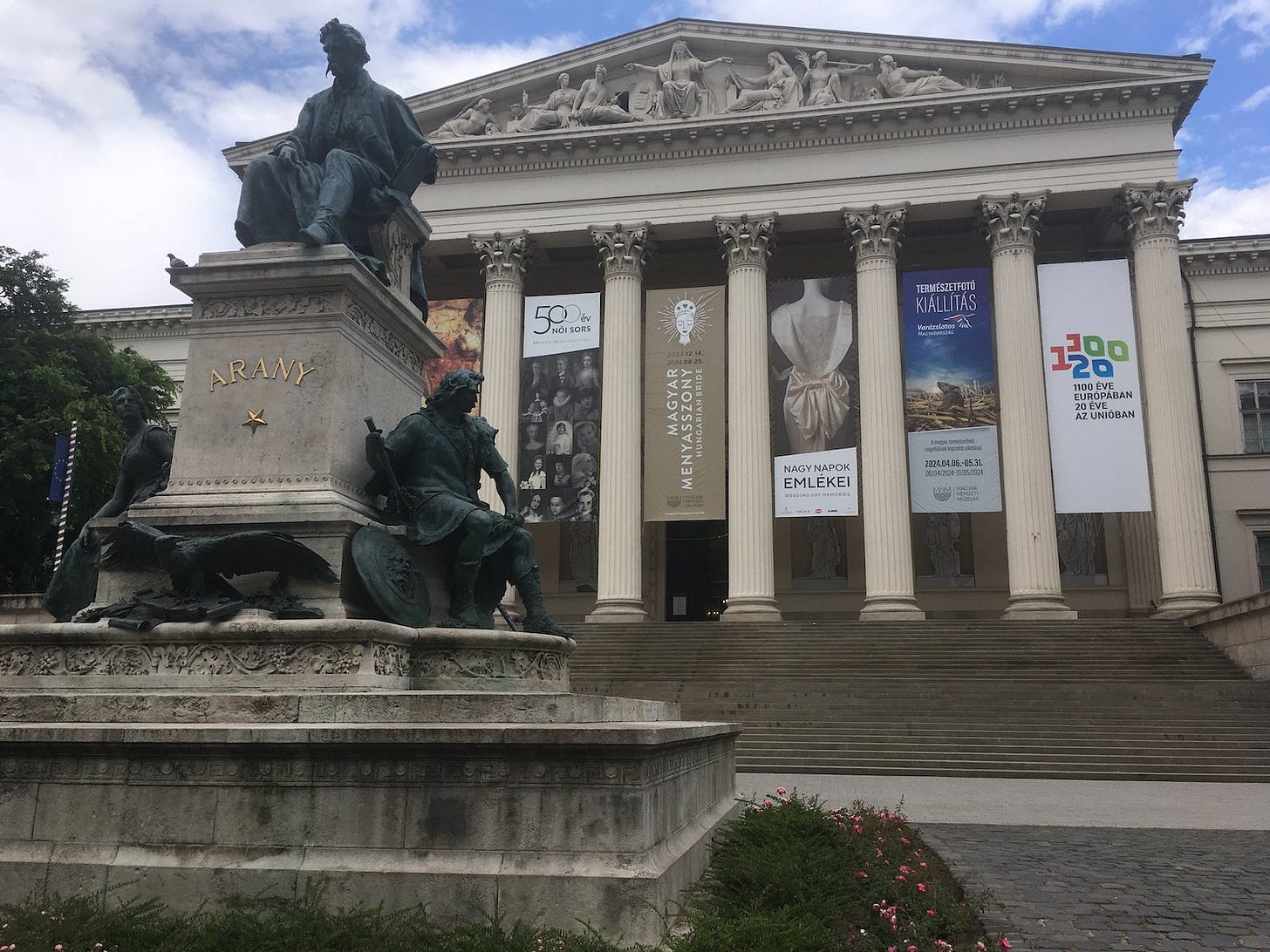The Worst Man In Modern History
by Alasdair Macleod, GoldMoney:
 It seems extraordinary that in defiance of all factual history and philosophical knowledge anyone should celebrate the bicentenary of the birth of Karl Marx. More than anyone, through wrong-headed ideas, he bears responsibility, indirectly admittedly, for the deaths of an estimated one hundred million people in the last century, and the severe suppression though economic and social servitude of fully one third of the world’s population. And if you also include those who have suffered under the yoke of Marxist-inspired modern socialism, the philosophy that says the state is more important than the individual, you could argue nearly the whole world is influenced by Marxian philosophy today.
It seems extraordinary that in defiance of all factual history and philosophical knowledge anyone should celebrate the bicentenary of the birth of Karl Marx. More than anyone, through wrong-headed ideas, he bears responsibility, indirectly admittedly, for the deaths of an estimated one hundred million people in the last century, and the severe suppression though economic and social servitude of fully one third of the world’s population. And if you also include those who have suffered under the yoke of Marxist-inspired modern socialism, the philosophy that says the state is more important than the individual, you could argue nearly the whole world is influenced by Marxian philosophy today.
That might seem an extreme statement, but you only have to ask almost anyone anywhere, which do they consider is more important, the individual or the state, to see if this supposition is correct. The only explanation for the continued adoration of the man is that with such universal influence, there are bound to be legions of supporters remaining, ignorant of and blind to the reality. However, during his lifetime – he died in 1883 – he was hardly known. It wasn’t until the Russian revolution thirty-four years later that Marx began to be taken seriously.
How did Marx achieve this powerful posthumous position? It was not through his economics, though they are often quoted and form the core principles of his Communist Manifesto, but through his philosophy, old ideas from forgotten men such as Hegel (1770-1831), which he rehashed into a socialist philosophy that is still accepted by many today, despite the accumulated evidence against it. The difference with Hegel is Hegel strove to establish that historical evolution would lead to increasing individual freedom, while Marx strove to prove the individual played no role in historical evolution.
Hegel argued that all reality is capable of being expressed in rational categories and can be reduced to a synthetic unity by dialectic reasoning within a system of absolute idealism.[i] In plain English, he concluded we all take our cue from our social and cultural surroundings and circumstances, and that they in turn are set by historical events. This became the basis for Marx’s extreme philosophy of class structure, which, in common with Hegel, denied any role to the independence of human thought.
His philosophical stance was comprehensively set out in his book, A Contribution to the Critique of Political Economy, published in 1859. The fundamental principle behind Marxism is stated early in the preface, where he defines his deduction from the Hegelian dialectic: “It is not the consciousness of men that determines their existence, but their social existence that determines their consciousness.” In other words, social organisation takes precedence over the individual, and it therefore follows that the individual is subordinate to the social organisation.
It follows from this logic, Marx argued, that the classes that formed on the back of material interests forces members of those classes to think and act in their narrow class interests and not independently in their personal interest, there being no such thing. For Marx, ideologies evolved on class lines, where the interests of the minority, the bourgeoisie, dominated. And as the bourgeoisie profits from the labour of the proletariat, it is in their interest to keep the proletariat suppressed. The accumulation of wealth in the hands of the bourgeoisie was entirely due to the exploitation of the proletariat.
Marx’s world was a black and white one of haves and have-nots, the exploiters and the exploited. As Emmanuel Kant (1724-1804) had said, “If one man has more than necessary, another man has less”[ii]. The only way this apparent wrong could be righted would be through the collapse of the capitalist system, which led to these imbalances in the first place. The final solution was a classless society of the proletariat, handing them the means of production administered on their behalf by a revolutionary government.



